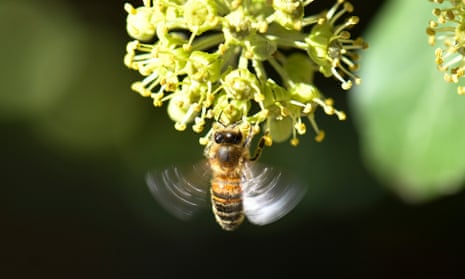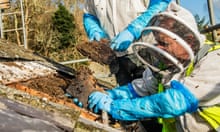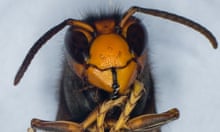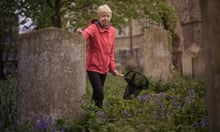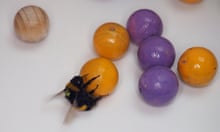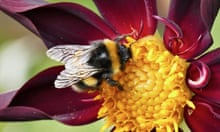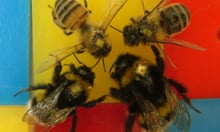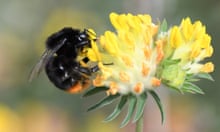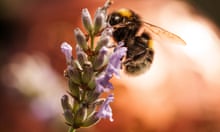Folk music has long gone hand in hand with political protest. From Pete Seeger’s 1959 rendition of the African American gospel We Shall Overcome, which became an anthem for the civil rights movement, to Dick Gaughan’s Ballad of ‘84, a clarion call for the Scottish miners’ strike, the combination of one singer and their guitar has had a potent effect on galvanising activists.
Now, folk is turning its attention to the bees.
Bees are responsible for pollinating around 80% of plantlife in the UK and over a third of crops globally, yet from 1985 to 2005 the number of honeybee colonies in the UK fell by 53% and wild honeybees are now thought to be almost extinct across Britain. This is due to a variety of reasons including climate change, infectious diseases, the use of harmful pesticides, and the reduction of natural habitats. These worrying developments have led some to claim that if the bees become extinct, humanity would only have four years left to survive.
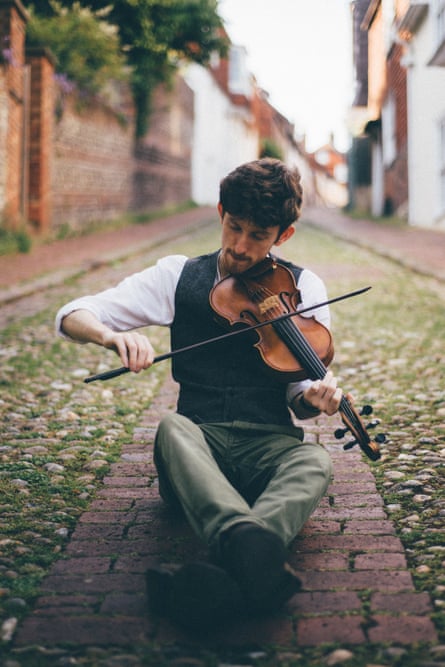
The stakes are high and 25-year-old fiddle player Rowan Piggott believes that folk is the answer. “The environmental crisis is one of the biggest issues of my generation,” he says. “All of our political and economic problems pale in comparison, since they tend to go in cycles, whereas we have done irreversible damage with climate change.”
A waifish presence in a tweed jacket, Piggott is surprisingly optimistic about the future. “People’s knowledge of the crisis is very general,” he says, “and they often don’t know what they can do to effect a meaningful change, so that’s why I started the Songhive project, to give people chances to get involved with the bees.”
Since Piggott’s father is an acclaimed traditional Irish folk musician and his mother is a beekeeper, the project seemed inevitable. Piggott noticed an accumulation of folksongs about the plight of the bees, such as Lau’s 2012 instrumental Save The Bees, and decided to create an online archive to raise awareness.
“I thought it’d be a nice way of reminding people that for thousands of years we’ve had a healthy respect for bees as part of our life-cycle and now that people are more distanced from the process of producing food, we have forgotten that and bees have become a mild annoyance,” he says.
With the archive up and running and the folk community responding, Piggott decided to up the ante. “I always had the idea for making a record,” he says, “although I initially thought it would be a compilation of already-recorded music from the archive.” Due to costly licensing fees, the record became a collection of 11 songs written and recorded especially for the project. Piggott invested £1,000 of his own money and raised a £2,000 grant from the English folk dance and song society to print the finished CDs.
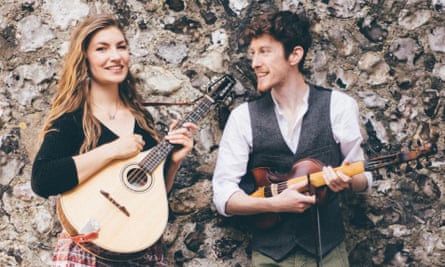
Featuring Piggott himself and some of the British folk scene’s young stars, such as Rosie Hodgson and Georgia Lewis, as well as more established acts such as singer Nancy Kerr and songwriter Nick Burbridge, the album combines traditional folk instrumentation with bee-themed lyrics in the service of this environmental cause. Even the bees themselves are almost present, as their buzz is imitated by a shruti drone on Burbidge’s Queen’s Dream of Lost Fields, while Kerr’s Dark Honey addresses the production of honey from the sugary remnants of discarded Coke cans.
Since the CD was released in March, half of its 1,000 copies has been sold, raising £5,000 for a Friends of the Earth campaign, the Bee Cause. Piggott has also been encouraging his audience to learn and perform bee folksongs from the archive and sign petitions. One such petition, to ban the use of the harmful insecticide neonicotinoid, was successful and passed the EU in April.
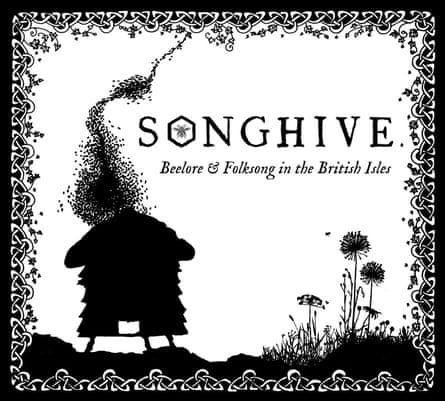
“The response has been great,” he enthuses, “all ages have gotten involved. The older fans buy the record and the younger ones are active in spreading the message.”
Rosie Hodgson, 26, contributed two compositions to Songhive and believes folk is the perfect vehicle for the environmental message. “Folk music was mostly created and performed by those who were in positions of vulnerability,” she says, “injustice is a common theme and it harnesses the power of a personal story, so one well-placed tale will inspire sympathy for a cause in a way that talking about the cause as a whole will not. There’s a magic that binds people when they sing together, especially in times of hardship.”
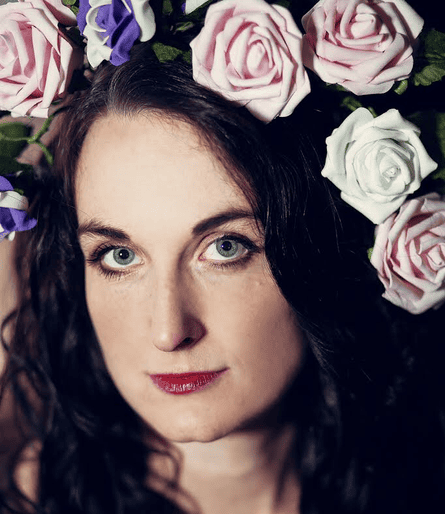
Another contributor, Nancy Kerr, has made environmental awareness an integral part of her writing in recent years, with her last album, Instar, comprising folksongs about nature and conservation. For Kerr, born to a family of traditional musicians involved in protest music, folk is an activist’s genre. “The act of relating a narrative that stems from the experiences of disenfranchised people is an act of protest,” she says, “and that makes me view folk music as intrinsically political.”
With CD stock expecting to be sold out by the end of the year, Piggott is looking towards a second album, perhaps widening the scope beyond the bees. “It’s not just bees, it’s other pollinators like butterflies that are in danger – everything’s in trouble,” he says.
For now, though, he is planning a Songhive tour with Rosie Hodgson and some of Songhive’s other musicians. They are currently booking venues that have links to conservation, even hoping to serenade the bees in a wildflower meadow.
“Bees are the perfect species to drive meaningful action because we feel so positively towards them. They are a linchpin species,” Hodgson says.
For Piggott, the bees are a vehicle for optimistic action and a means for folk to be refocused to its political roots. “Folk music here isn’t the people’s music anymore,” he says, “it’s become commercialised and the general public don’t know what it should sound like. This project is about tapping back into that heritage and aiming it towards a cause that people can actively change right now, today.”
